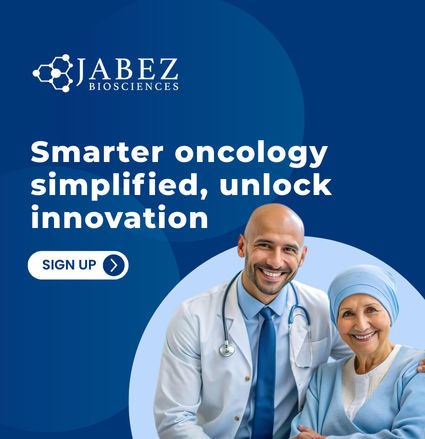Technology is increasingly becoming integral to the healthcare system, particularly in enhancing patient care and monitoring. Technological innovations such as telemedicine, wearable devices, and artificial intelligence (AI) are transforming how care is delivered, leading to improved patient outcomes and more efficient healthcare services.
1. Telemedicine
Telemedicine has been a game-changer in providing access to healthcare, especially during the COVID-19 pandemic. It allows patients to consult with healthcare providers remotely, eliminating geographical barriers and making healthcare more accessible. Patients with chronic conditions or mobility issues benefit greatly from telemedicine, as it enables them to receive regular check-ups without the need for in-person visits. This approach not only enhances convenience but also reduces the risk of exposure to infections.
2. Wearable Health Devices
Wearable devices such as fitness trackers and smartwatches have revolutionized patient monitoring. These devices collect real-time health data such as heart rate, blood pressure, and physical activity levels, giving both patients and healthcare providers valuable insights into health trends. Patients with chronic diseases like diabetes or heart conditions can track their health metrics continuously, allowing for timely interventions when abnormalities are detected.
3. Remote Monitoring Systems
In addition to wearables, advanced remote monitoring systems are helping to improve patient care, particularly for those with long-term conditions. These systems collect vital signs and other health data, which are then transmitted to healthcare providers for analysis. Remote monitoring helps detect early signs of deterioration, enabling proactive care and preventing hospital readmissions. It also supports patients in managing their health conditions at home, reducing the burden on healthcare facilities.
4. Artificial Intelligence (AI) in Patient Care
AI is playing an increasingly important role in healthcare by analyzing large sets of patient data to identify patterns and predict outcomes. AI algorithms are being used in areas such as medical imaging, where they can detect abnormalities faster and with greater accuracy than traditional methods. AI also assists in personalizing treatment plans by analyzing individual patient data to determine the most effective interventions. This technology enhances decision-making, allowing healthcare providers to deliver more precise and effective care.
5. Robotics in Healthcare
Robotics is another area where technology is enhancing patient care. Robotic surgery, for instance, allows for more precise and minimally invasive procedures, leading to quicker recovery times and fewer complications. Robots are also being used in patient care settings for tasks such as medication delivery and assisting with mobility, helping to alleviate the workload of healthcare staff.
Conclusion
Technology is revolutionizing patient care and monitoring, making healthcare more accessible, personalized, and efficient. As technological advancements continue, they will undoubtedly play an increasingly important role in improving patient outcomes and streamlining healthcare delivery.


